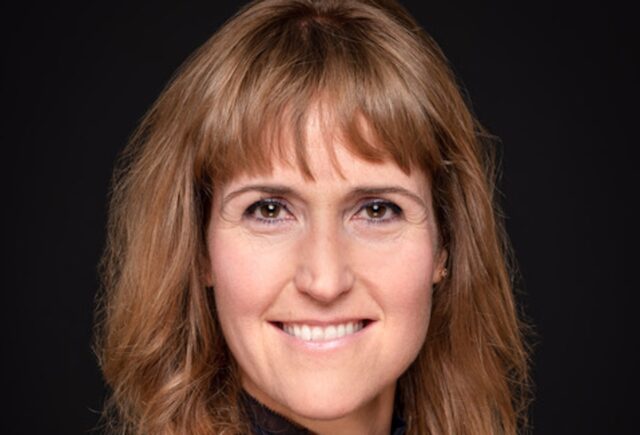The new investment manager, Akaria Natural Capital, will invest in natural climate solutions projects in south-east Asia and aims to help promote better understanding of nature-oriented capital allocation

Schroders and Conservation International have jointly launched Akaria Natural Capital, an investment manager targeting projects providing natural climate solutions in south-east Asia.
Akaria will initially deploy capital to 15-20 natural climate solutions projects across the region over five years via a series of funds. Natural climate solutions include measures such as conservation, restoration and improved land management actions that increase natural carbon storage or avoid greenhouse gas emissions. They also target other climate change-related areas, such as such as improved water supply and reduced air pollution.
Schroders says Akaria will invest in projects with a view to delivering long-term returns and environmental benefits, as well as making positive impacts for local communities.
The partnership also seeks to improve understanding of how to allocate capital in nature projects and support the development of a natural capital investment market.
Conservation International, a US-based environmental non-profit, estimates that reversing nature loss could account for roughly 30% of action needed globally to stabilise the climate. The organisation works mainly to enhance nature conservation in the global south and has more than three decades of experience of raising and deploying conservation capital.
Peter Harrison, Schroders Group’s chief executive, said the partnership would enable investment to target projects where it would be most beneficial.
“Large scale investment is needed fast to halt and reverse nature loss. Nature-based solutions should be part of the solution to tackle climate change – and they can bring good returns. But the devil is in the detail. They must be high quality, and they must put local communities and the people who live there at the heart of any action. That’s why we’re working with Conservation International to do this right,” he said on announcing the venture.
Conservation International’s chief executive M Sanjayan said investment in global ecosystems not only helped to ameliorate the pace of climate change, but also helped protect species at risk, support livelihoods and quality-of-life in rural communities, improve food, water, and resource security, and reduce the risk of disease spreading.
“Nature-based solutions hold exceptional promise, but it will take sustained investment to unleash that potential at scale. This initiative sends a powerful message to the financial services industry. Generating healthy returns, protecting nature, and supporting community development need not be mutually exclusive goals. We’re grateful to Schroders for their commitment to building a replicable model for others to adopt,” he said.
Schroders said Akaria Natural Capital would be led by Gary Addison, as its CEO, and Simon Chadwick, as its chief impact investment officer. Both come from a private equity investment background and co-founded the venture. Akaria is to apply for a fund management licence from the Monetary Authority of Singapore.
The venture is the latest collaboration involving London-based Schroders designed to promote natural capital as a theme worthy of mainstream investment. In 2021, the company announced it was investing in a project with Oxford Sciences Innovation (OSI) to map natural capital assets around the world. It also joined the Natural Capital Investment Alliance (NCIA), created by the Prince of Wales – the heir to the UK throne – with a mission to mobilise investment in nature-based economic opportunities.
Schroders study shows mixed views on sustainable investment
Schroders has also been polling institutional investors on their views about impact and sustainable investing. The 2022 edition of the company’s annual Institutional Investor Study, published in July, found that 48% of investors surveyed said impact investing was their preferred approach to “implementing sustainability”, compared to 38% in the 2021 survey and 34% in 2020. ESG integration into the investment process had also become a greater focus.
The study also reported that 59% of investors believed new investment opportunities addressing the energy transition would encourage them to direct more funds towards sustainable investments. Schroders said this focus was strongest in the UK and Asia Pacific, where 68% and 62% of investors respectively said there was a need for more energy transition-oriented solutions. Almost 40% of investors reported that their institutions had committed to reaching net zero by 2050.
But it’s not all positive news for sustainable investment. The study said performance concerns over investing sustainably had risen over past 12 months, with 53% of investors citing this as a challenge compared with 38% a year ago.
According to Schroders “this is a significant reversal with worries about performance having consistently fallen year-on-year until now, and likely reflects the more challenged market environment. Specifically, concerns were very high for both Asia Pacific and Latin American investors. A lack of transparency and reported data was also recognised as one of the major obstacles holding investors back from investing sustainably”.





